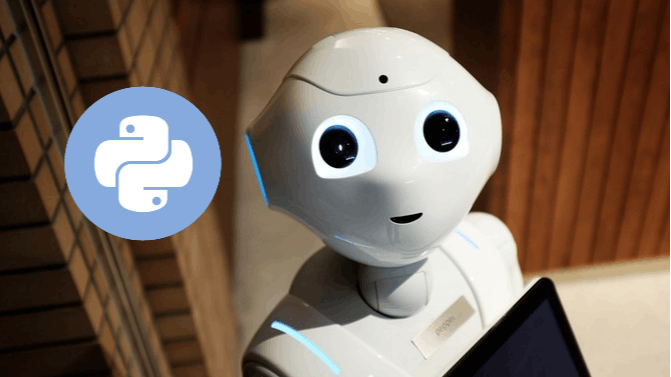2,349 reads
Alternatives to Web Scraping with Python
by
June 22nd, 2022
Audio Presented by

From data collection to ready-made datasets, Bright Data allows you to retrieve the data that matters.
About Author
From data collection to ready-made datasets, Bright Data allows you to retrieve the data that matters.
